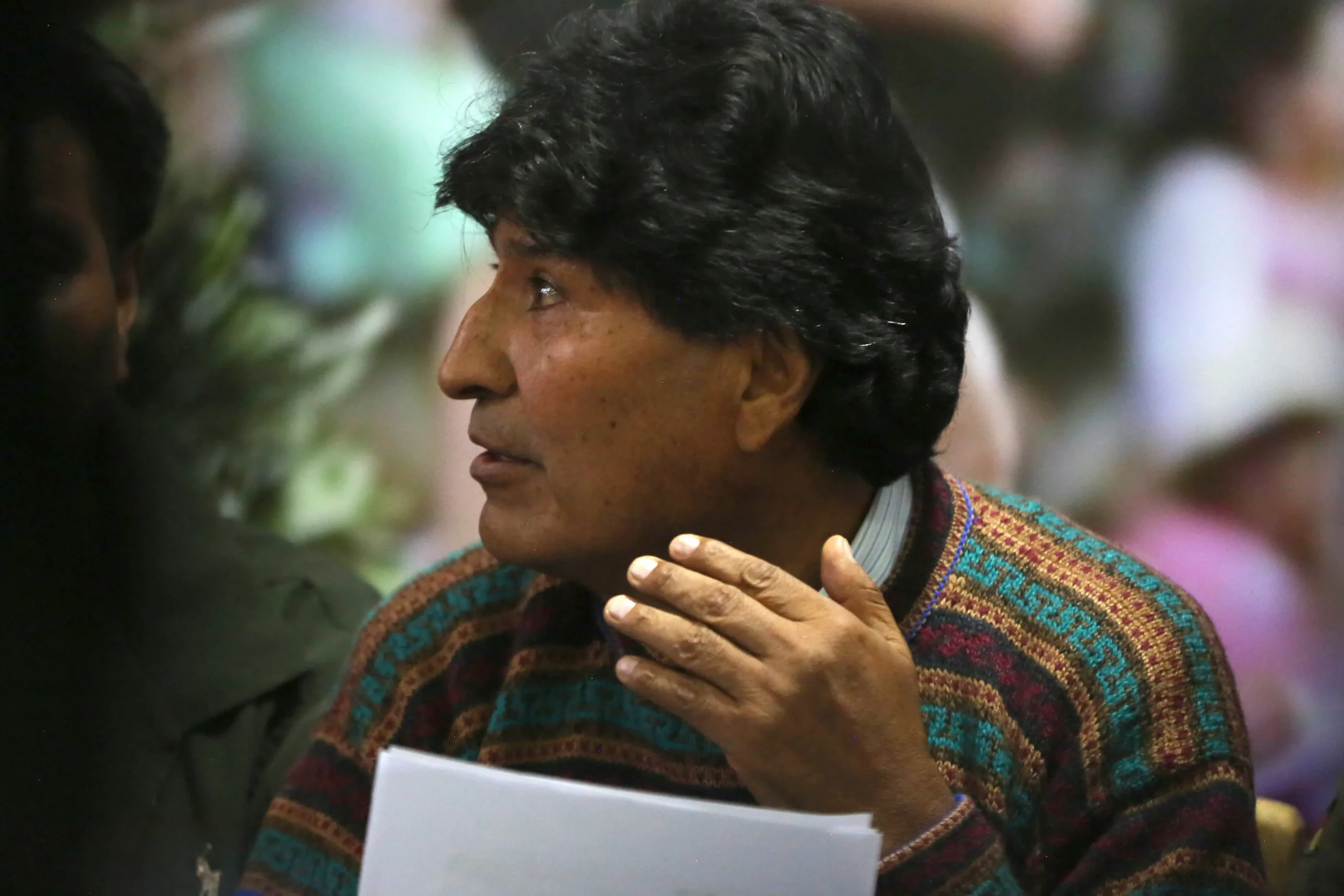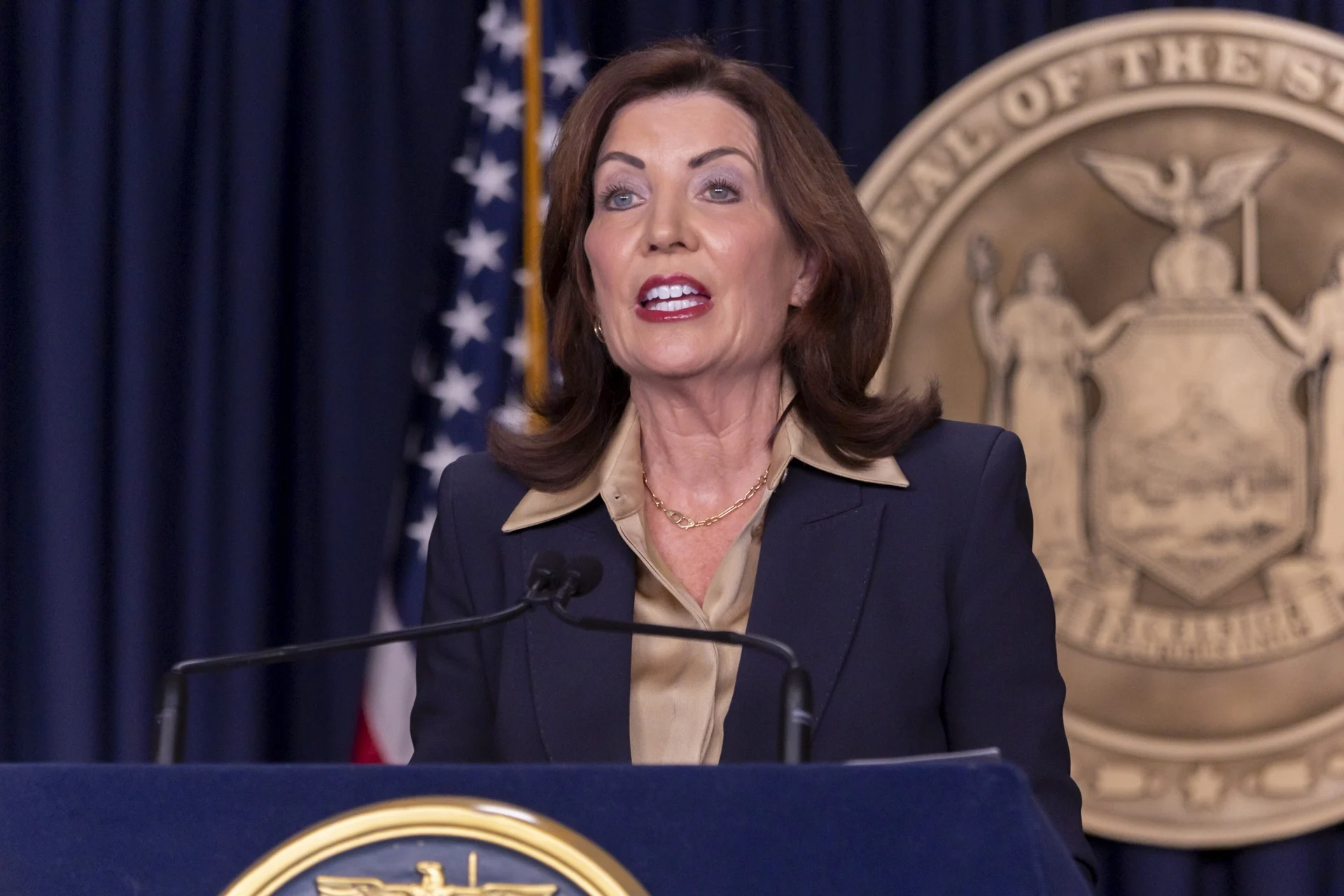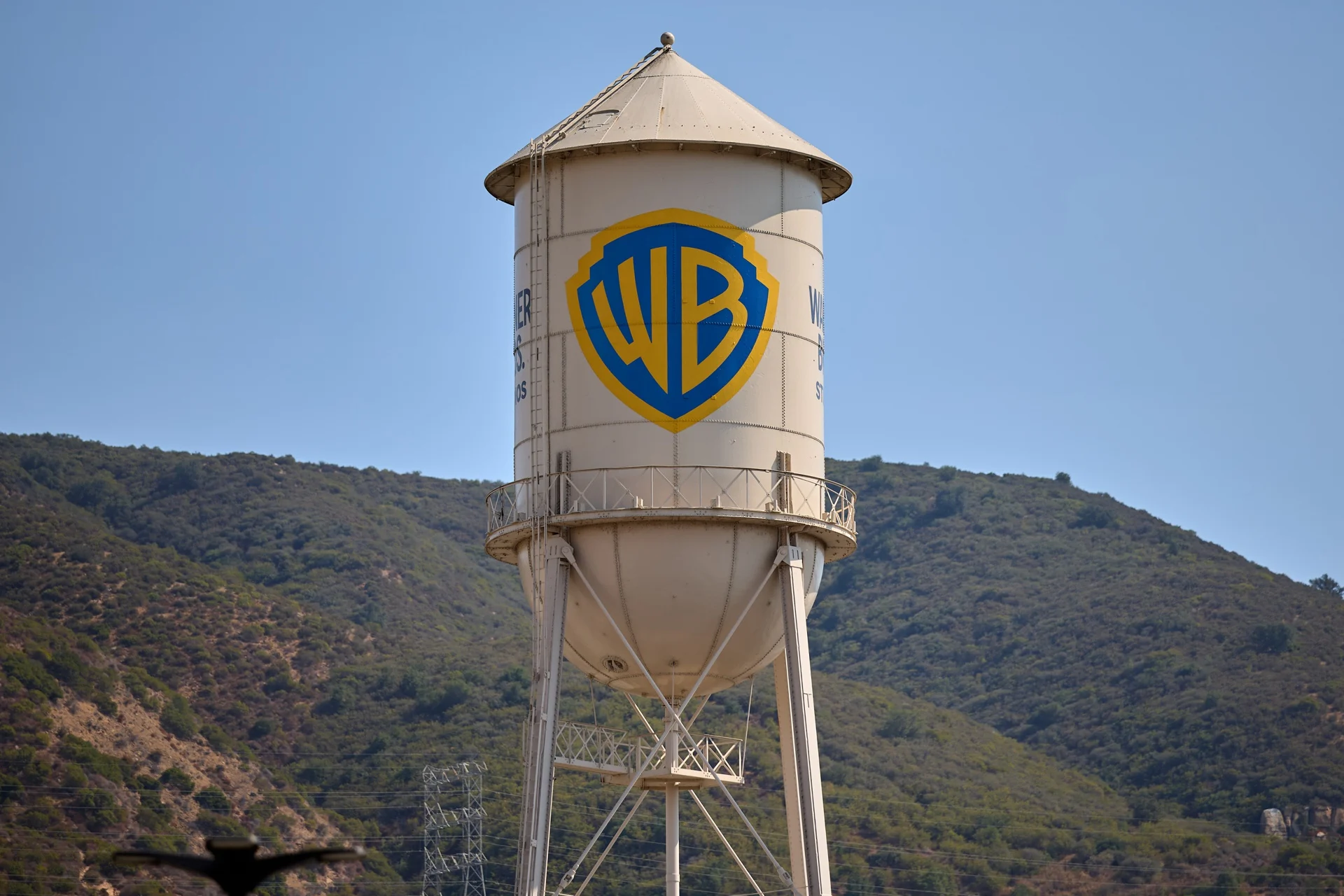International
Evo Morales assures that he is “the first electoral option” in Bolivia despite disqualification

The former president of Bolivia Evo Morales, between 2006 and 2019, said this Saturday that he is still “the first option” with a view to the general elections of 2025, despite the fact that he is not qualified to run again.
Morales thus reacted to a vote intention survey commissioned and disseminated by businessman Marcelo Claure that shows the former leader of the governmental Movement to Socialism (MAS) tied in first place with the opposition Manfred Reyes Villa, current mayor of the central city of Cochabamba.
“This is the reason why they try to steal the acronym, chase us with about twenty trials, try to disqualify us and try to kill us. We are first in all polls,” Morales said in X.
Evo Morales: “we are the first choice of the people”
“Despite the fact that they always minimize our support in the popular sectors and in the countryside, we are the first choice of the people to save Bolivia,” added the politician, who is distant from the Government of Luis Arce.
He also assured that he will continue to “fight to prevent” Bolivia from “continuing and falling into the hands of those who want to destroy it.”
The survey released by Claure was conducted by the company Panterra from November 2 to 15, with face-to-face interviews with people over 18 years of age in Bolivia and a margin of error of 2.2%.
Among other results, the consultation shows that Morales and Reyes Villa are tied with 18%, followed by the opposition businessman Samuel Doria Medina with 13%, and there are also 21% of respondents who do not know who they are going to vote for.
“Trusted information”
Claure indicated in X that she commissioned the survey to “provide Bolivians with reliable information to understand the political environment and make informed decisions” and justified Morales’ inclusion that “in Bolivia everything can change and nothing is certain.”
The Constitution and the law of Bolivia establish that to win in the first round you must obtain 50% plus one of the votes, or at least 40% with an advantage of ten percentage points over the second most voted.
The Magna Carta also allows only two presidential periods, but Morales was able to run for the 2014 elections in search of a third term and in 2019 in pursuit of the fourth with the endorsement of the Plurinational Constitutional Court (TCP).
Morales and his lawyers insist that he is qualified to run again in 2025, but the Government assures that it is not basing it on an advisory opinion of the Inter-American Court of Human Rights (CorteIDH) on indefinite re-election, a ruling of the Bolivian TCP issued in 2023 and the Constitution itself.
Sentence against Evo Morales
Two TCP magistrates recently issued a sentence indicating that the elected authorities in the Legislative, Executive and Judicial branches can only exercise for two periods, continuous or discontinuous, which affects Morales’ intentions to be a candidate again.
The same magistrates also endorsed a congress held by the MAS faction related to the Arce Government that elected the peasant leader Grover García as the new president of the party, stripping Morales of the official leadership after almost three decades.
Morales considers the resolutions of the TCP null and void because the current magistrates extended his mandate and that of the judges of other high courts of Bolivia, which was supposed to end at the beginning of 2024, in the absence of the judicial elections that could not be held in 2023.
Arce and Morales have been distanced since the end of 2021 due to differences in the state administration, the need to renew the direction of the MAS and the definition of the candidacy of the ruling party for 2025.
International
New York Announces First 2,000 Seats in Universal 2-K Program

The Governor of New York, Kathy Hochul, and New York City Mayor Zohran Mamdani took another step today in their universal early education agenda by announcing the communities that will have access to the first 2,000 seats in the new 2-K program this fall — an initiative backed by a $73 million investment.
The funding is part of the $1.2 billion package previously unveiled by Hochul to strengthen child care and early childhood education across the city, one of the key campaign promises of the now Social Democratic mayor.
At the time of the announcement, the governor also outlined additional funds to reinforce the existing 3-K early education infrastructure, a program launched under former Mayor Bill de Blasio (2014–2021).
When the 2-K initiative was introduced in January, Mayor Mamdani explained that its first phase would offer 2,000 seats, with the goal of eventually expanding into a universal program — a commitment supported by the governor.
State investment in child care and preschool services is expected to increase to $4.5 billion by fiscal year 2027.
Among the first communities set to benefit from the 2,000 seats are Upper Manhattan and Inwood — areas with large Dominican populations — as well as Fordham and Kingsbridge in the Bronx, a borough with a Latino majority.
In East Brooklyn, Canarsie, Brownsville, and Ocean Hill will also be included. Meanwhile, Ozone Park and the Rockaways are among the neighborhoods that will see the rollout of the 2-K program.
International
Warner Bros. Developing First ‘Game of Thrones’ Movie With ‘Andor’ Writer

Warner Bros. is developing the first feature film based on the hit saga Game of Thrones, with Beau Willimon — screenwriter of Andor — attached to direct, according to a report published Tuesday by Page Six.
The project, currently in early development, will focus on the conquest of King Aegon I Targaryen. A separate television adaptation centered on the same historical storyline within the franchise is also in early stages at HBO.
However, the outlet noted that it remains unclear whether the film will move forward following the recent acquisition of Warner Bros. Discovery by Paramount Skydance.
If the merger is finalized, the movie could potentially be shelved, although that scenario appears unlikely given that the Game of Thrones franchise remains one of HBO’s most valuable and beloved properties.
After six seasons adapting the work of George R. R. Martin, the platform expanded the universe with House of the Dragon, a prequel series set 200 years before the events of Game of Thrones that explores the history of House Targaryen.
International
Spain’s Prime Minister to Address Nation Amid Trump’s Trade Threats

The Prime Minister of Spain, Pedro Sánchez, will deliver an institutional address this Wednesday at the Moncloa Palace regarding the escalating situation in the Middle East and recent threats directed at Spain by U.S. President Donald Trump.
The Spanish government announced that Sánchez will make a statement at 9:00 a.m. local time to outline his position on the latest developments following the U.S. and Israeli attacks on Iran.
Sánchez is expected to reiterate Spain’s reasons for opposing the use of U.S. military bases on Spanish soil in the operation—an action he has already described as being outside international law—while also expressing criticism of the Iranian regime.
Government sources indicated that the address had been planned prior to Trump’s remarks criticizing Spain’s stance. However, following those comments, Sánchez is now also expected to respond directly to the U.S. president’s statements.
Trump has threatened to “cut all trade with Spain” and said he wants “nothing to do” with the country after Madrid refused to authorize the use of the Morón and Rota military bases in southern Spain for operations against Tehran.
The U.S. president also labeled Spain “a terrible NATO partner” and warned that “no one” would tell him he could not use the facilities.
In response, the Spanish government stated that Spain fulfills its commitments to NATO and European defense. It also warned Trump that any review of bilateral trade relations must respect international law and the agreements in place between the European Union and the United States.
-

 International2 days ago
International2 days agoIran Reports 201 Dead, 747 Injured After U.S. and Israeli Strikes
-

 International2 days ago
International2 days agoPope Leo XIV Urges End to ‘Spiral of Violence’ in Middle East
-

 International5 days ago
International5 days agoCocaine Production Surges 34% in 2023 as Market Expands into Africa and Asia
-

 International4 days ago
International4 days agoTrump Floats “Friendly Takeover” of Cuba Amid Rising Tensions
-

 International22 hours ago
International22 hours agoBrazil’s Supreme Court Rejects Bolsonaro’s Bid for House Arrest
-

 International3 days ago
International3 days agoSecurity Council to Hold Emergency Meeting on Middle East Crisis
-

 Sin categoría3 days ago
Sin categoría3 days agoTrump: ‘We Think It’s True’ Amid Claims Iran’s Supreme Leader Was Killed
-

 International4 days ago
International4 days agoArgentina’s Senate Reviews Milei-Backed Labor Overhaul
-

 International5 days ago
International5 days agoFederal Judge Blocks Trump Policy Allowing Deportations to Third Countries
-

 International22 hours ago
International22 hours agoAnti-ICE Billboard Campaign Targets Immigration Spending in 31 U.S. Cities
-

 International5 days ago
International5 days agoClinton Accuses Republican Committee of Using Epstein Case to Shield Trump
-

 International22 hours ago
International22 hours agoTrump Warns of ‘Major Wave’ of Attacks as Iran Conflict Escalates
-

 International22 hours ago
International22 hours agoMexico Calls for Immediate Probe After National Dies in ICE Custody
-

 Central America22 hours ago
Central America22 hours agoPanama Canal Monitoring Trade as Middle East Conflict Disrupts Shipping
-

 International22 hours ago
International22 hours agoBolivia Orders Three Investigations Into Deadly Military Plane Crash
-

 International17 minutes ago
International17 minutes agoNew York Announces First 2,000 Seats in Universal 2-K Program
-

 International29 minutes ago
International29 minutes agoSpain’s Prime Minister to Address Nation Amid Trump’s Trade Threats
-

 International20 minutes ago
International20 minutes agoWarner Bros. Developing First ‘Game of Thrones’ Movie With ‘Andor’ Writer
-

 Central America22 minutes ago
Central America22 minutes agoGuatemala’s Attorney General Fails in Bid for Top Court Seat Amid Corruption Allegations




























